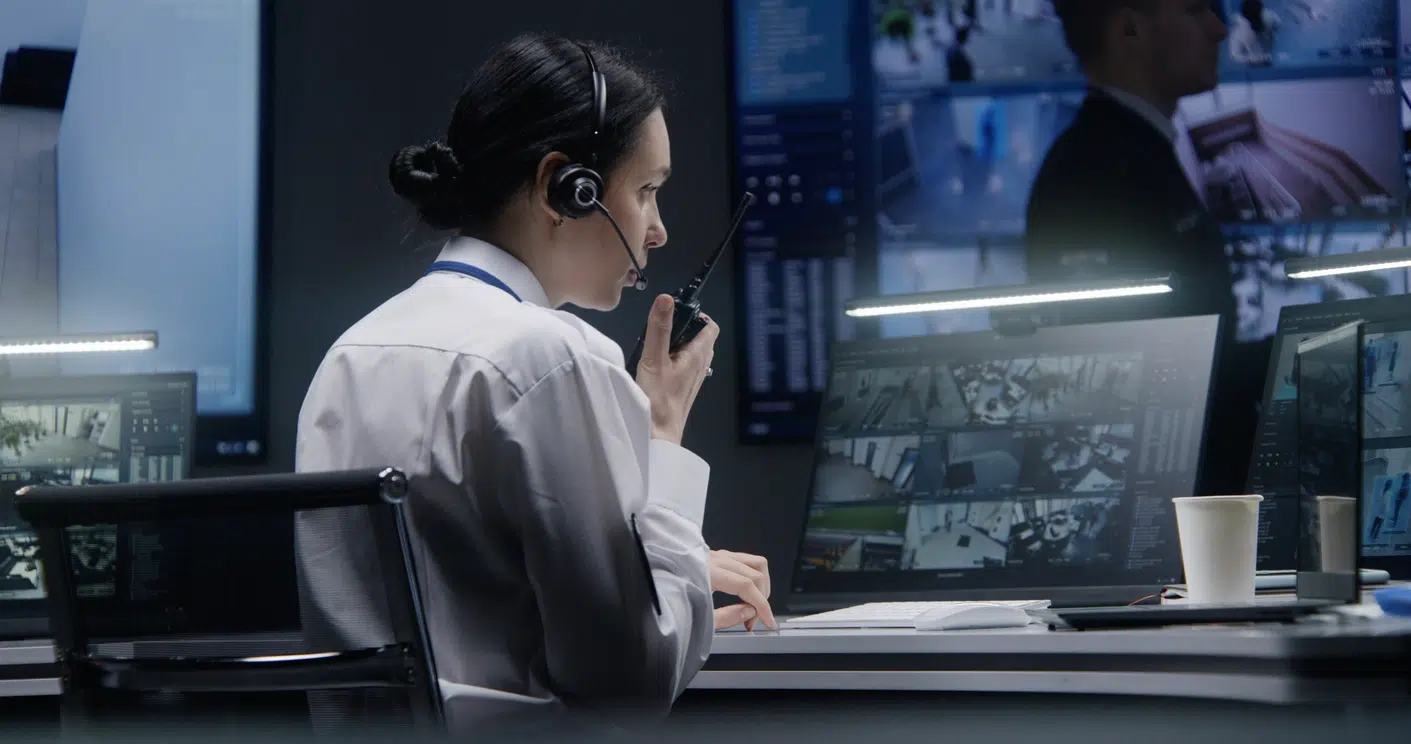The COVID-19 pandemic revolutionized the way Americans work. More than ever before, employees are able to complete their work from remote locations without ever stepping foot into a physical office space. In this virtual environment, traditional methods for managing workers and ensuring accountability are ineffective, and employers are tasked with the challenge of overseeing and monitoring a dispersed workforce. Organizations with a remote workforce have increasingly turned to artificial intelligence monitoring tools to navigate this new working reality.
Whatever your personal feelings are about AI, the technology is here to stay. There is no doubt that AI is a powerful tool that has been incorporated by employers; but its use also raises new ethical questions about privacy, trust, and power. It is in our best interest to understand the developments in technology, learn about the ways we can benefit from the tools, and stay aware of challenges that might arrive. In this article we will review the common uses of AI monitoring software, its intended uses, and the unintended challenges that it poses for employers and employees.
According to the Wall Street Journal, prior to the pandemic, roughly 30% of large employers used some form of artificial intelligence to monitor their workforce. Following the pandemic, approximately 60% of large employers rely on AI to track their employees. As AI becomes more commonplace, we can expect AI monitoring to becoming increasingly common at work.
Artificial intelligence monitoring software has numerous intended uses and offers employers many benefits in the modern workplace.
Managing employees: AI is frequently used to manage and monitor remote workers. Management may use AI to observe how employees use their time during the workday, what they do on their computers, how they use their internet, and when and how they communicate with others. By keeping track of employee time, AI tools give managers data on employee time, “productivity”, and accuracy, which may dictate how they manage their workforce. The knowledge of oversight also encourages employees to perform well, knowing that their behavior will be recorded.
Catching potential problems: Artificial intelligence software used to monitor employees is uniquely capable of gathering data on employee performance and analyzing that data. It is able to learn workflow patterns and identify unusual activity. This technology then helps employers catch performance errors, identify security threats, and flag breaches of company policy. Likewise, by reviewing communications, documents, and transactions, employers can use monitoring AI to ensure that their employees are complying with laws and policies.
Monitoring company culture: AI monitoring software can also play a role in shaping company culture in a remote office space. If used to review internal communication channels, AI can, in real-time identify misbehavior, in addition to patterns of conflict, dissatisfaction, toxicity, burnout, and stress.
Optimizing efficiency and performance: By examining the ways that employees use their time, corporations are using AI monitoring technologies to identify inefficiencies and optimize workflows to maximize efficiency and performance. In the same vein, some companies reviewing individual performance can use AI technology to suggest targeted training and for employees based demonstrated on need.
While AI offers benefits in the virtual workplace, it also raises serious challenges and concerns regarding employee surveillance, and instruction bias. Laws, regulations, and ethical norms are continuously developing to respond to the changing technological landscape.
Privacy: Generally, employers do have the right to monitor the use of company computers by company employees, including surveilling employee emails, computer files, apps, slack channels, employee messages, microsoft teams, zoom use. Personal tasks carried out on a company computer, including using social media, browsing the internet, ordering from Amazon, or going on Linkedin, can legally be monitored. When physically in the workplace, employers also, generally, have the right to monitor employees with video footage if advance notice is provided. In order to monitor employees with any AI systems, employers must disclose their intent to monitor their employees and must share the extent to which they intend to monitor their employees. Employers may not monitor employee computer activity that occurs on an employee’s private computer, and may not monitor activities that are not work related, such as personal phone calls. All use of AI employee monitoring technology should be transparently communicated.
Bias: Artificial intelligence is limited by the information it has been provided, and the algorithms and implementing instructions it is following. As a result, if AI is making judgements and decisions based on an inaccurate, incomplete, or biased set of data, it will replicate those patterns. Employers must be aware of the limitations of AI models when using it to evaluate the performance of employees as it may be reproducing patterns of bias, and thus operating in a discriminatory fashion. If an employer is using an AI that is shown to be biased, the employer may be liable for discrimination.
The law protects employees who report unlawful violations at work. If you make a complaint regarding policy violations or the misuse of AI at work, resist unlawful use of AI in the workplace, or participate as a witness in a related complaint, your employer may not treat you unfavorably as a result. If your employer has treated you differently because you reported or resisting any violation, your employer has retaliated against you and broken the law.
If you have questions about the use of AI in your workplace, or have questions about the legality of its use, contact Avloni law. We have experience representing tech employees dealing with a range of issues, and are well equipped to advise on matters involving the use of AI to monitor employees at work. We believe that everyone deserves the right to a fair and safe workplace, and do not shy away from holding powerful companies accountable. If you believe you may be facing unlawful challenges at work, contact Avloni Law. We represent clients across California, with offices in Los Angeles, San Jose, and San Francisco.

